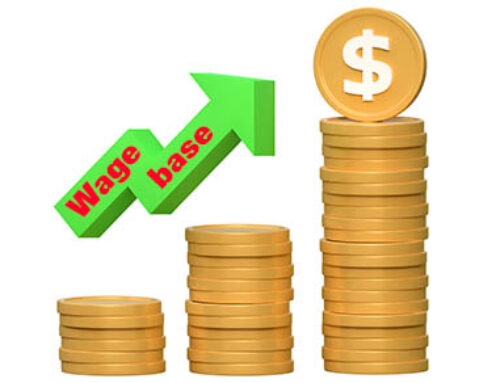Forecasting how your company is likely to perform over the next year can be challenging, especially when it’s unclear where the markets are heading. But accurate forecasts are critical when managing a business. For example, they may be used to order inventory, hire additional workers, apply for loans and credit lines, and evaluate investment alternatives.
As the COVID-19 pandemic persists, many companies have responded to these challenges by switching from static forecasts to rolling ones. Here’s how the transition can make the forecasting process more efficient and accurate.
Static vs. rolling forecasts
Traditional static (or fixed) forecasts are created at the start of the fiscal year — often based on the company’s historical financial statements — and then used as a guide for the following year. This approach works well for established organizations that experience relatively minor changes year to year. But for most businesses, static forecasts quickly become outdated, because they don’t allow adjustments throughout the year for variances that inevitably take place. The traditional approach is based on inflexible assumptions that must be completely recast if conditions change.
Managers who use static forecasts typically see the forecasting process as a once-a-year exercise. Many fail to compare expected to actual performance until year end. And those who notice when actual results fall short may fail to revise their annual goals — instead hoping to make up for the shortcoming before year end, leading to counterproductive behaviors.
For example, to make up for missed sales goals through the year, salespeople may resort to aggressive discounting at year end, which can erode profits. In other situations, after a particularly successful month, workers may decide to slack off in the subsequent month, because they’re ahead of schedule.
Conversely, rolling forecasts require regular updates based on what’s actually happening in your business and marketplace. This approach makes the forecasting process more adaptable, accurate and meaningful.
How it works
Rather than leaving a budget in place for the year, companies with rolling budgets set times throughout the year to readjust the numbers. For example, you might budget four quarters ahead. At the end of each quarter, you would update the budgets for the next three quarters and add a new fourth quarter.
The rolling approach encourages management to take an agile, forward-looking perspective. It facilitates timely responses to emerging trends, whether on the revenue side, the expense side or both. It also calls for regular budget monitoring and real-time review. These steps can help management catch significant variances and make appropriate adjustments.
On a roll
Uncertainty abounds today. Some businesses have seen a major decline in revenue during the pandemic but are hopeful that conditions will improve. Others have revised their strategies to take advantage of emerging opportunities. Many are struggling to manage supply chain issues, labor shortages and rising costs that could outlast the pandemic. Regardless of which challenges you’re facing, rolling forecasts can be a helpful management tool. Contact us for help implementing a more agile approach to forecasting for 2022.
© 2021




